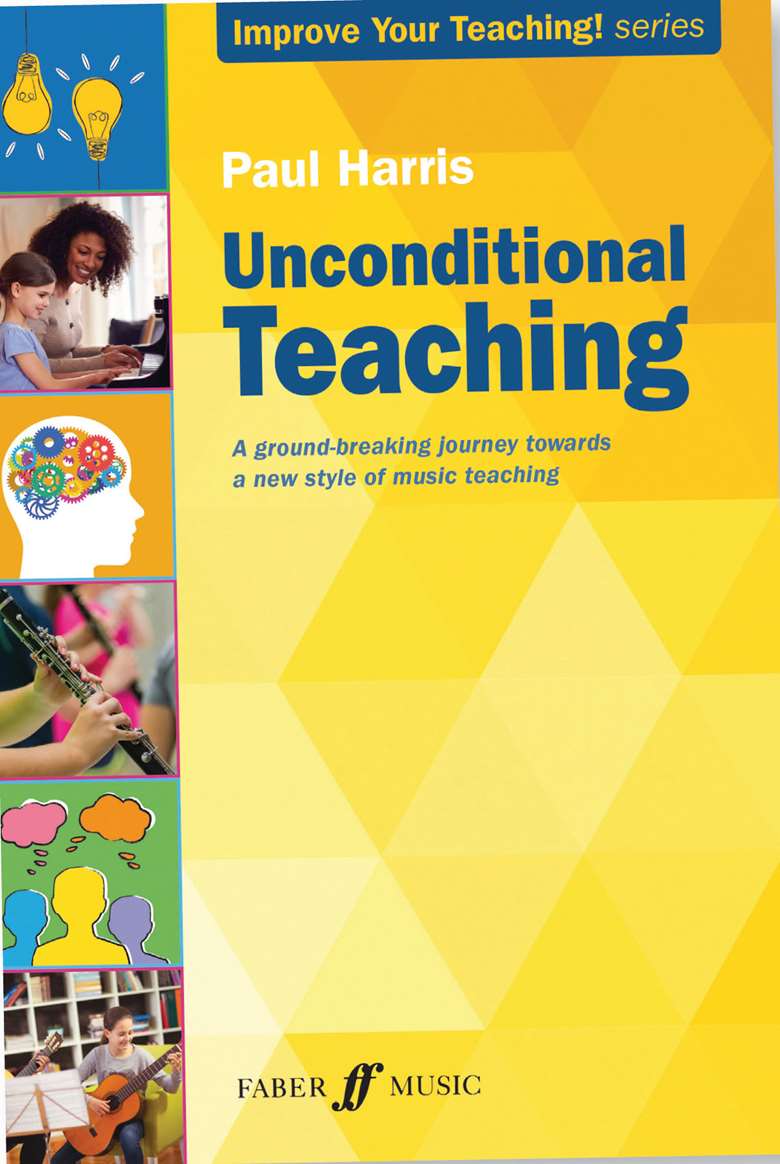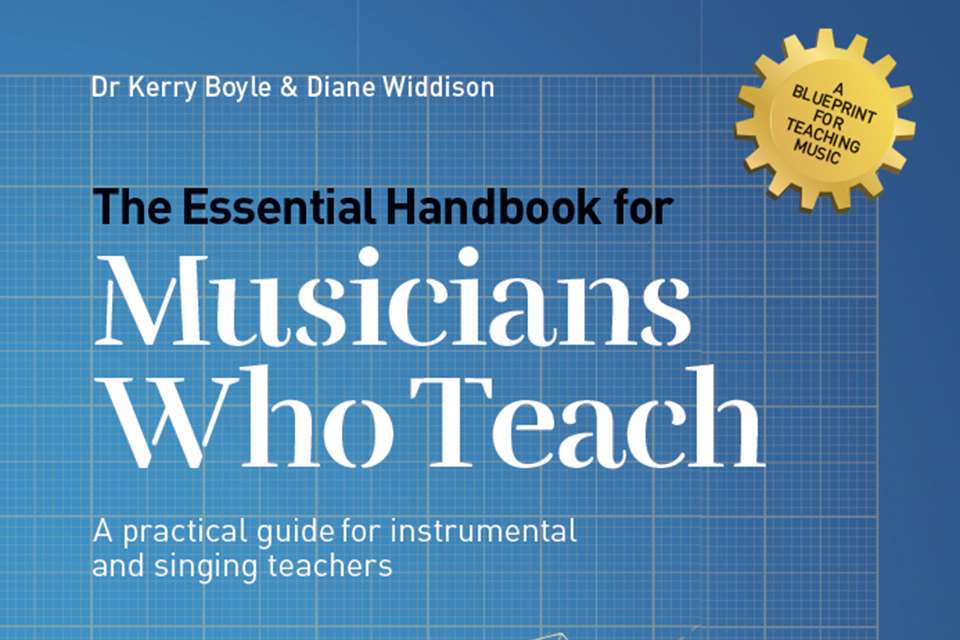Book reviews: Unconditional Teaching
Elizabeth Stafford
Tuesday, March 1, 2022
Dr Elizabeth Stafford reviews Unconditional Teaching by Paul Harris, published by Faber Music.

I was excited to receive this latest offering from Paul Harris, whose other books – in particular, Improve your Teaching and The Virtuoso Teacher – are staple recommendations of mine for instrumentalists starting out on careers in teaching. This latest book, Unconditional Teaching, is written in Harris’ usual accessible style, is reasonably priced, and is brief enough to be consumed in one sitting: all important factors for busy instrumental teachers.
This book sets out to be ‘a ground-breaking journey towards a new style of music teaching’ and describes how to overcome the kind of ‘conditions’ or requirements that teachers might consciously or unconsciously hold that get in the way of teaching. The examples given of teacher requirements include expectations around behaviour, preparedness, potential and respect – for example, that the student is only taught if they turn up having practised, with their books, and has the potential to excel. Fortunately, I have only come across teachers who uphold the kind of requirements described in the book in the tertiary education sector, specifically conservatoires. While such a ‘conditional’ approach does not exemplify great teaching, one might argue that it is replicative of the working environment that young professionals will enter, where a lack of preparedness, respect and so-forth can be career-ending.
The ideas laid out in this book fall into the category of positive behaviour management – an umbrella term which covers areas such as engagement and motivation, child-centred learning, and differentiation. Harris encourages the reader to place the learner at the centre of the lesson, and teach them according to their needs, whether that be working around their lack of practice, breaking the learning process down into smaller, more manageable chunks, or making connections between individual tasks and overall goals. The central message of the book is that teachers should always approach their learners positively and provide encouragement and motivation, whatever their level of progress. Rather than ‘a new style of music teaching’, it is instead a reminder of the basics of good teaching to which we should all adhere.
It is rare to find experienced instrumental teachers working with beginners and amateurs who adopt a conditional approach as outlined in this book. Market forces dictate that any teacher regularly refusing to teach a pupil on the grounds of forgotten books or missed practice will ultimately learn the hard way that this is not an acceptable approach. For those just starting out as instrumental teachers within Western music traditions, perhaps having ‘fallen into’ the profession with little training, this book – alongside Harris’ earlier works – could prove a useful introduction to the expectations around good teaching.
Frustratingly, the kind of teachers who would benefit most from reading this book are precisely the kind of teachers who wouldn't ever entertain the idea of reading it, but such individuals are thankfully few and far between, and are perhaps best encouraged to redeploy their talents outside the education sector…








